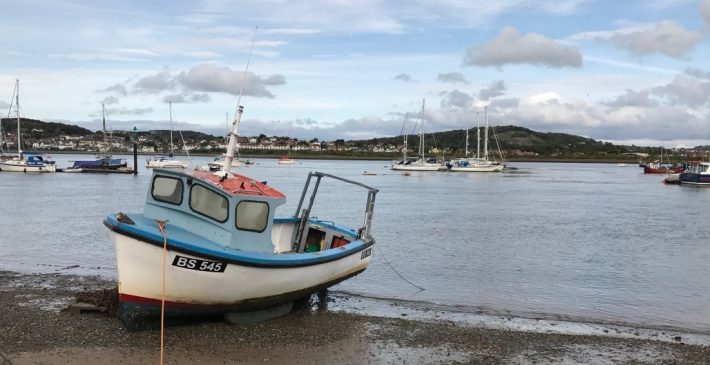Call for evidence: Brexit and our Seas consultation
The Policy Team is looking for marine and fisheries experts to contribute to the BES consultation response.

The Welsh Government has recently launched the Brexit and our Seas consultation, which looks at marine and fisheries policies post-Brexit.
The BES needs your help to respond to the consultation. You can draft answers to questions relevant to your work, send us research papers which will help inform our response, and offer to review the draft before it is submitted.
If you are interested in contributing to our response to any of the below questions, please email Sara at sara@britishecologicalsociety.org by Monday, 8 July. Find out more about contributing to our consultation responses here.
Questions the BES intends to answer:
The Marine Environment (pages 5-8)
• Question 1 What could the Welsh Government do to support the implementation of the Marine Plan once it’s adopted?
• Question 2 How could Wales enhance the health and resilience of the marine ecosystems to further support Welsh coastal communities to thrive?
• Question 3 How could we support practical action for biodiversity gain to help secure marine ecosystem resilience?
Sustainable fisheries (pages 15-17)
• Question 4 What initiatives could be used to improve the long-term sustainability of fisheries in Wales?
• Question 5 How could the Welsh Government achieve greater administrative flexibility and responsiveness in fisheries management?
• Question 6 How should adaptive management be introduced for a wider range of species, if so, which would be the priority?
Fishing opportunities (pages 18-20)
• Question 7 How might you see fish stocks being managed for the wider benefit of the people of Wales and their coastal communities?
• Question 10 What do you think could be done to manage ‘choke’ species more effectively?
Shellfish and aquaculture (pages 21-23)
• Question 11 Do you agree with proposals to manage shellfish flexibly? Can you provide any example where flexible management would be of benefit?
• Question 12 Do you agree with our proposals to introduce a new management regime for aquaculture? Please consider whether there are any other functions you think the management regime should cover.
Growth and innovation (pages 27-29)
• Question 18 How could the relationship between academia and industry be better improved? – this is in relation to non-food products such as fish meal and fish oil
Evidence (pages 31-33)
• Question 23 What are the priority issues facing the marine environment that should be researched?
• Question 24 What are the priority fisheries species and stocks that should be researched?
• Question 25 What are the key economic, environmental and social factors that should be explored as part of this research?
• Question 26 How can public sector, academic and other fisheries science projects be focussed and joined up to provide the evidence needed to develop and evaluate marine and fisheries policies and management?
Funding and Support (pages 35-36)
• Question 27 How should any successor to European Marine and Fisheries Funds (EMFF) and other EU funded programmes be targeted in future and on what basis?
• Question 28 Should Welsh Government consider discontinuing support for any current fisheries and marine activity and why?
• Question 29 What opportunities are there to secure further investment for fishing and marine?
Like what we stand for?
Support our mission and help develop the next generation of ecologists by donating to the British Ecological Society.